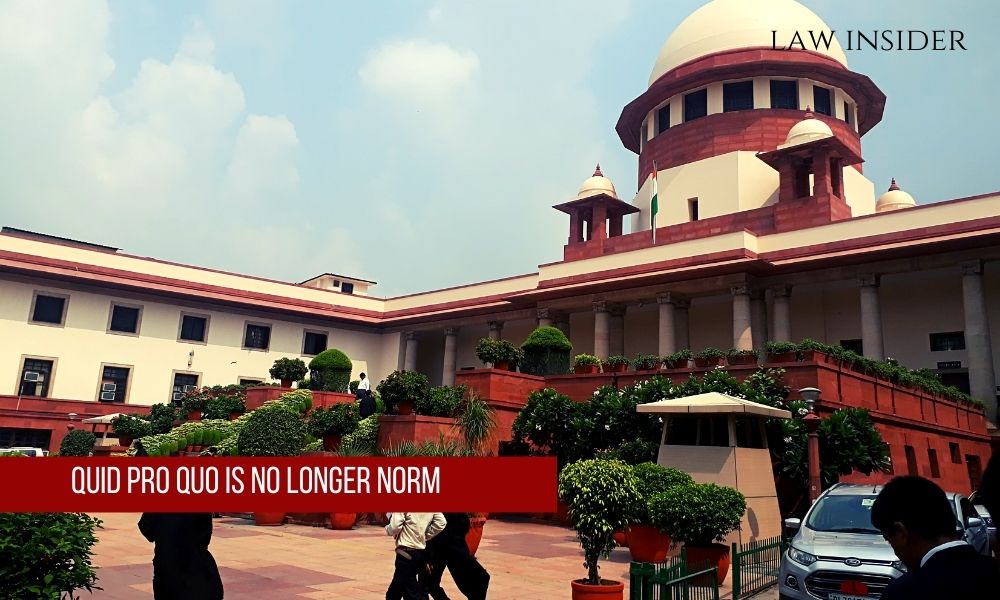Alka Verma-
Published on: November 05, 2021 at 17: 55 IST
To solve the issue of the distinction between a tax and a fee, on October 22, the Supreme Court of India ruled an important decision in the case of Jalkal Vibhag Nagar Nigam & Ors vs Pradeshiya Industrial and Investment Corporation & Anr.
While dealing with the validity of the water tax, the Court stated that now there must be some changes in the principles of distinction between fee and tax.
Adding to this, the Court also stated that a fee must not be always looked at through the principles of Quid Pro Quo.
In its ruling, the Supreme Court also stated that until that time, the State, as well as the Central Government, had the power under the Constitution to form law, and it could always form a levy that had the trappings of a tax, a fee, or both.
It is said that the present judgement of the Supreme Court is going to bring a change in the ways of recognising taxes and fees in the Court.
Over the years, the issue of the distinction between fee and tax had always been there as the Central and State Governments enacted various taxes and fees which had been constitutionally challenged.
However, this ruling by the Apex Court solves everything as it States that one should not interpret a tax and a fee in a similar way.
But, on the other hand, this ruling also raised questions about the previous judgments of the Supreme Court wherein the larger Bench held something different from the present ruling.
It should be noted here that in the Judicial field, it is both understood and interpreted that a fee is a compensation given to the State for a specific service, whereas a tax is a compulsory exaction that is not related to a specific service or facility provided by the State.
Click here to read/download the order copy
Also Read: Supreme Court: Nomenclature of Tax does not Determine True Character
Uttarakhand HC dismisses petitions by hydropower companies against water tax

